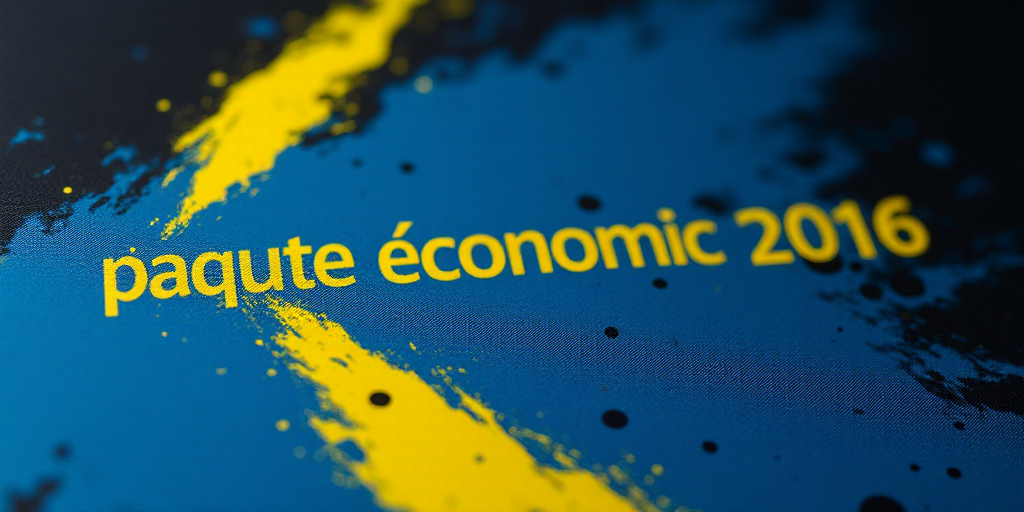Introduction to the 2026 Economic Package and Customs Reform
On Monday, September 8th, the 2026 Economic Package will be delivered, accompanied by a Customs Law Reform. This reform aims to boost tax collection at the nation’s 50 customs offices.
Key Aspects of the Customs Reform
Among the crucial elements anticipated in this customs reform is shared responsibility among customs agents, meaning that customs agents will be legally accountable alongside companies importing or exporting goods. This implies that agents will face legal consequences if any irregularities are detected in customs operations, as stated by Carlos Alberto Puga, director of revenue for the National Customs Agency of Mexico (ANAM) during the World Integrity & Compliance Forum.
Enhanced Customs Oversight through Technology
Another expected change is the strengthening of customs oversight through technology, which includes digitalizing customs procedures, employing Artificial Intelligence (AI), biometrics, and risk analysis to detect smuggling.
Stricter Oversight of the IMEX Program
The reform also aims to increase scrutiny of the IMEX program, which allows temporary imports without tax payments under the promise of subsequent exportation after processing. This change would ensure that goods entering via IMEX benefits are genuinely processed, transformed, and exported, as abuse of this program has been prevalent with many goods being imported under IMEX but remaining in Mexico for internal commercialization without paying VAT or IEPS.
Protecting Domestic Industries
One of the main goals of the reform is to potentially safeguard domestic industries, with a strong focus on strategic sectors such as textiles, footwear, automotive, and electronics.
“The new customs framework could prioritize fair, transparent entry of foreign goods without undervaluation that harms Mexican producers. It’s not about closing the economy but ensuring fair and level competition, preventing the import of undervalued products distorting the market,” explained INMEX.
Importance of Customs Revenue
Customs tax collection is “crucial for Mexico’s economy,” as it represents 24% of all federal government tax revenues and 3.6% of the nation’s Gross Domestic Product (GDP).
From January to July 2025, customs offices collected 836.809 billion pesos, a real growth of 21% compared to the previous year and an additional 146.362 billion pesos. This is a historical collection figure for a similar period.
The primary tax collected in customs is the VAT, generating 583.793 billion pesos in revenue. Nearly two-thirds of the pesos entering the government’s coffers come from customs through VAT.
Other taxes collected in customs include the Special Production and Services Tax (SPS), the General Import Duty (GID) or tariffs, the Customs Brokerage Fee (CBF), the New Vehicle Import Tax (NVIT), among others.
Customs Under Military Control
In May 2022, former President Andrés Manuel López Obrador transferred control of Mexico’s 50 customs offices to the armed forces, previously managed by the Servicio de Administración Tributaria (SAT).
In July 2021, a presidential decree established the ANAM as a decentralized body under the Ministry of Finance, headed by military personnel, replacing the General Customs Administration, which was part of SAT. It began operations in January 2022.
Proposed Changes to the Customs Law
- Strengthen obligations and penalties for customs agents.
- Make customs agents 100% accountable for all imports to Mexico.
- Reduce the duration of customs patents (currently lifelong) to 10 years, with renewal options.
- Implement electronic locks in Strategic Customs Enclosures. These devices allow tracking of goods from departure to arrival, functioning like an official GPS.
- Reduce the storage period for goods in Strategic Customs Enclosures to one year; this period has already been reduced from five to two years.
Key Questions and Answers
- What is the 2026 Economic Package? It’s a set of proposed economic reforms, including a Customs Law overhaul, to be delivered on September 8th.
- Why is the Customs Law being reformed? To increase tax collection, strengthen customs oversight using technology, and protect domestic industries.
- What changes will technology bring to customs? Digitalization of procedures, AI usage, biometrics, and risk analysis for smuggling detection.
- How will the IMEX program be affected? Stricter oversight to ensure genuine processing, transformation, and export of goods imported under IMEX benefits.
- What sectors will the reform prioritize? Textiles, footwear, automotive, and electronics to safeguard domestic industries.
- Why is customs tax collection important? It accounts for 24% of federal tax revenues and 3.6% of Mexico’s GDP.
- Who controls Mexican customs now? The armed forces, following a transfer from the SAT in May 2022.






